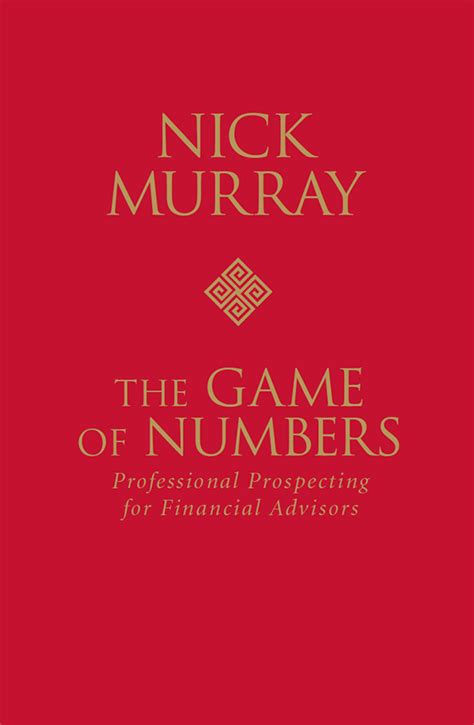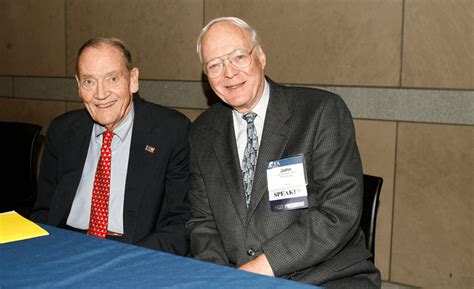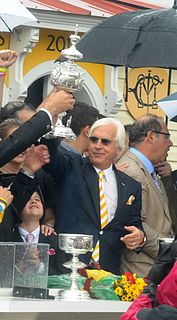A Quote by Nick Murray
Stocks are a safe bet, but only if you stay invested long enough to ride out the . that squares with the facts, and with the historical record
Related Quotes
Brand-name growth stocks ordinarily command the highest p/e ratios. Rising prices beget attention, and vice versa - but only to a point. Eventually their growth rate can diminish as results revert towards normal. Maybe not in all cases, but often enough to make a long-term bet. Bottom line: I wouldn't want to get caught in a rush for the exit, much less get left behind. Only when big growth stocks fall into the dumper from time to time am I inclined to pick them up - and even then, only in moderation.
The only answer that has any chance against against the information saturation kids face these days is to talk openly with kids, early enough and often enough and unflinchingly enough that you set the precedent of being the safe place they can go to ask their difficult questions. It has to happen starting when they're 2 or 3, and they ask you where babies come from and instead of freaking out and deflecting, you give facts commensurate with their ability to understand.
I don't invest in the stock market. I did it a long, long time ago when I was really young, and I got involved in all the investigations and all the prosecutions, and I felt it was better if I didn't make individual investments. So I'm invested in funds, but not in individual - not in individual stocks.
What distinguishes the historical social system we are calling historical capitalism is that in this historical system capital came to be used (invested) in a very special way. It came to be used with the primary objective or intent of self-expansion. In this system, past accumulations were 'capital' only to the extend they were used to accumulate more of the same.



































